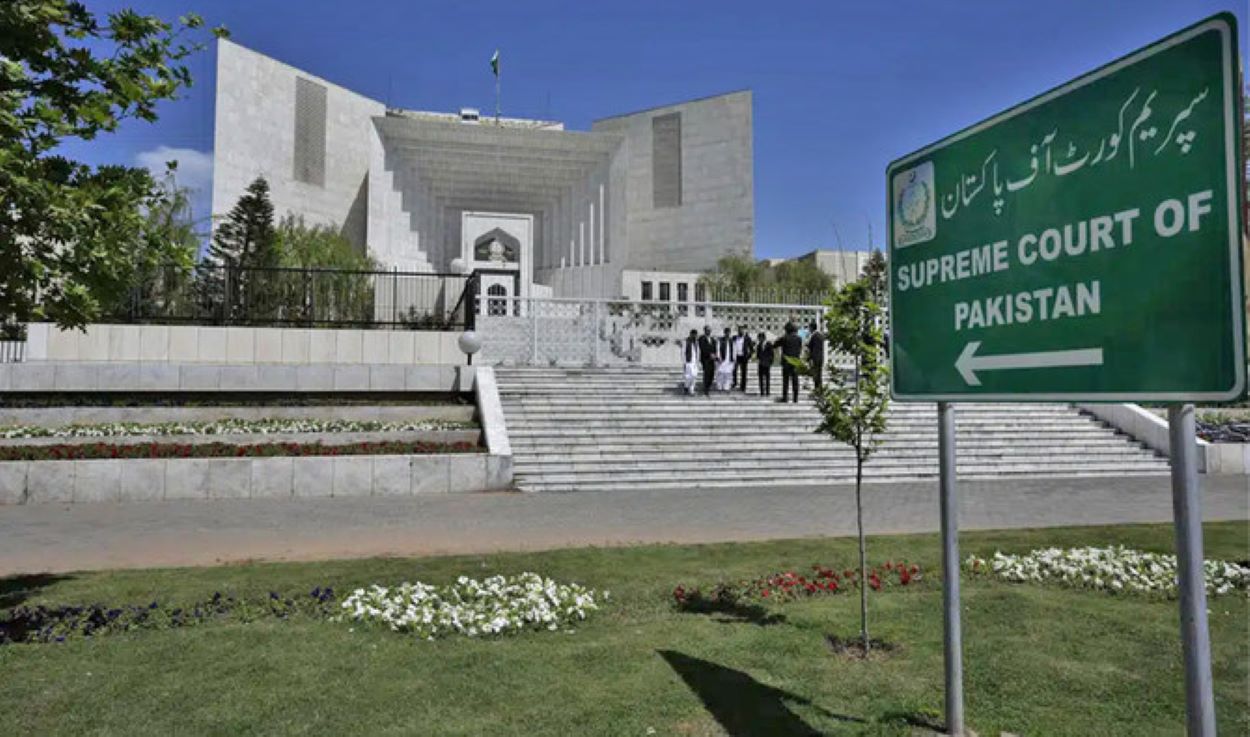The Supreme Court of Pakistan criticized the Election Commission of Pakistan (ECP) for its dilatory tactics and unclear actions following a crucial ruling on reserved seats for the PTI party.
On July 12, the Court resolved that PTI was eligible for reserved seats in Parliament, which the ECP seemed to challenge or delay implementing.
During a detailed court session, the Supreme Court observed that the ECP’s request for clarification seemed more like an attempt to stall the implementation of the judgment. The Court articulated that the submitted records and the brief order left little doubt about the ECP’s delaying tactics, describing these as a contrived device.
Post-verdict, the ECP had recognized 39 out of 80 Members of the National Assembly (MNAs) as PTI members but sought further guidance on the remainder, questioning the authority of PTI’s representatives due to an unvalidated party leadership claim by Barrister Gohar Ali Khan. The Supreme Court, however, reaffirmed its recognition of Khan as PTI’s Chairman, noting that the ECP had already acknowledged his role and thus could not now dispute his actions or PTI’s status.
The Court stressed that under the de facto rule, one must recognize the actions of an officeholder if their role is evident, thus dismissing the ECP’s concerns about the legitimacy of the party’s internal affairs. It clearly stated that the ECP’s inconsistent positions and delays in fulfilling its duties could result in legal consequences.
Read: Supreme Court Reinstates NAB Amendments, Rules Against Imran Khan
Moreover, the Court pointed out that the ECP’s inability to issue the necessary list of elected members was simply a procedural task and should not hinder the formal acknowledgement of elected officials. It ordered the ECP to promptly carry out its responsibilities as the Court had defined in its ruling.
The controversy originated when a panel of 13 justices, by an 8-5 majority, ruled that PTI was entitled to reserved seats. This overturned a previous Peshawar High Court decision that had upheld the ECP’s initial refusal to grant these seats to PTI. The judgment affirmed the status of PTI-backed candidates and directed the ECP to recognize them as duly elected party representatives, demanding immediate adherence to the decision.






